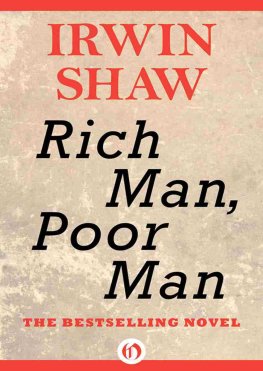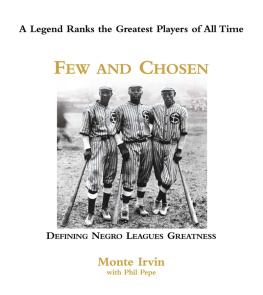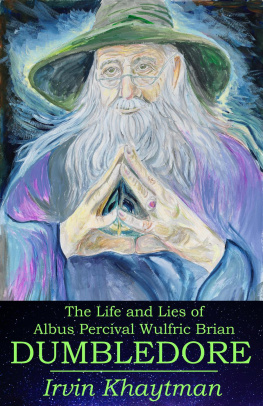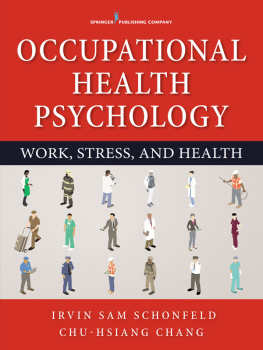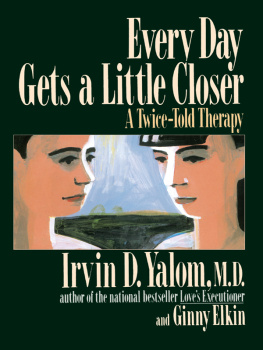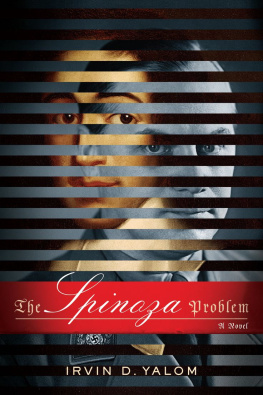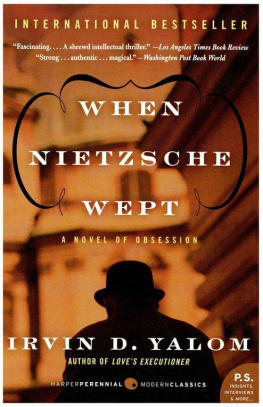Irvin Studin - What Is a Canadian?
Here you can read online Irvin Studin - What Is a Canadian? full text of the book (entire story) in english for free. Download pdf and epub, get meaning, cover and reviews about this ebook. year: 2008, publisher: McClelland & Stewart, genre: Politics. Description of the work, (preface) as well as reviews are available. Best literature library LitArk.com created for fans of good reading and offers a wide selection of genres:
Romance novel
Science fiction
Adventure
Detective
Science
History
Home and family
Prose
Art
Politics
Computer
Non-fiction
Religion
Business
Children
Humor
Choose a favorite category and find really read worthwhile books. Enjoy immersion in the world of imagination, feel the emotions of the characters or learn something new for yourself, make an fascinating discovery.

- Book:What Is a Canadian?
- Author:
- Publisher:McClelland & Stewart
- Genre:
- Year:2008
- Rating:4 / 5
- Favourites:Add to favourites
- Your mark:
- 80
- 1
- 2
- 3
- 4
- 5
What Is a Canadian?: summary, description and annotation
We offer to read an annotation, description, summary or preface (depends on what the author of the book "What Is a Canadian?" wrote himself). If you haven't found the necessary information about the book — write in the comments, we will try to find it.
What Is a Canadian? — read online for free the complete book (whole text) full work
Below is the text of the book, divided by pages. System saving the place of the last page read, allows you to conveniently read the book "What Is a Canadian?" online for free, without having to search again every time where you left off. Put a bookmark, and you can go to the page where you finished reading at any time.
Font size:
Interval:
Bookmark:
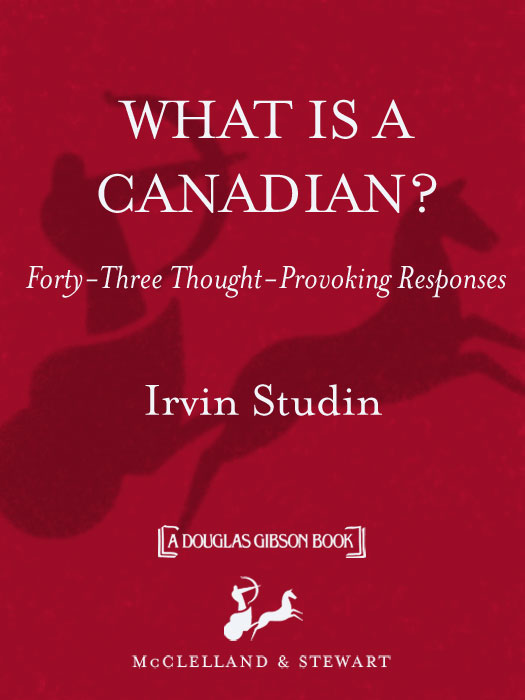
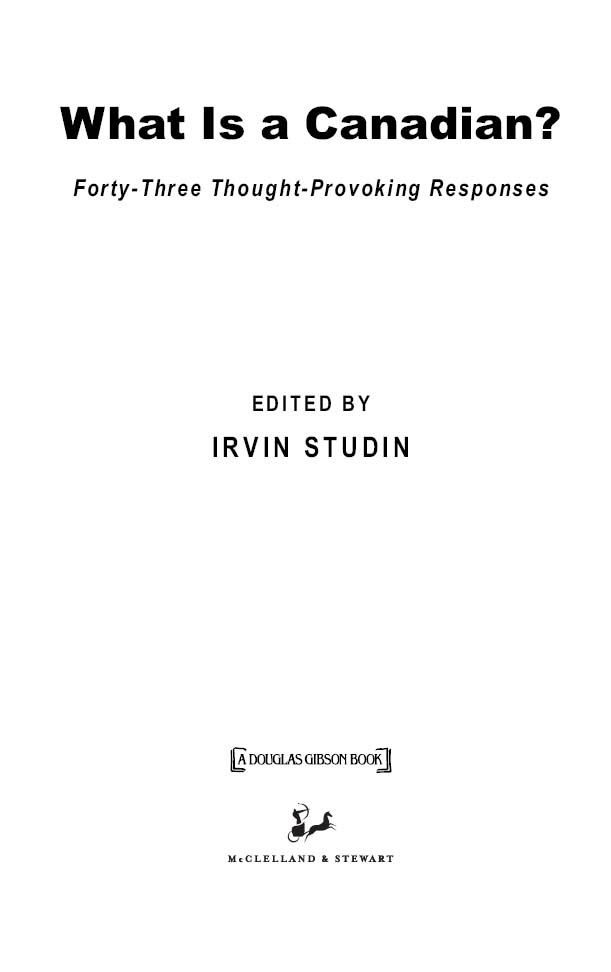
Contents
For Papa and Mama
PREFACE
What is a Canadian?
The question is bluntly put.
A Canadian isundertaking to answer this question, at the dawn of the twenty-first century, so that he may better appreciate the essence of his fellow Canadians. And while this same Canadian fancies himself a Canadian patriottribally speakingthe bald, unvarnished answers he is seeking in this work speak more to the practical curiosity of a concerned citizen than to an eagerness to exalt Canadian identity. In short, the goal here is analytical. The context may be patriotic, but not prejudicially so. Indeed, this Canadian is convinced that a frank assessment of the exact meaning of the Canadian is not only long overdue in the Canadian discourse, but is a critical underpinning for any intelligent debate on the future of our increasingly complex national project.
I was inspired to commission these short essays after reading the magnificent collection of fifty essays assembled in 1958 by David Ben-Gurion, first prime minister of Israel. Each of those essays responded to the question What is a Jew?1 Ben-Gurion had asked the question of fifty Jewish sagesgreat thinkers within Israel and the Jewish diasporain order to inform Israeli policy on mixed marriages (that is, whether the off spring of a marriage between a Jewish man and a non-Jewish woman could legitimately be deemed Jewish). The Ben-Gurion essays included a whos who of the global Jewish intelligentsia, such as the brilliant Oxford philosopher Isaiah Berlin, the great American jurist Felix Frankfurter, and the Lubavitcher Rebbe Menahem Mendel Schneersohn. The whole exercise was much in keeping with the long-standing tendency of the Jewish nation to ask questions about who they are in order to arrive at a more solid spiritual grounding, and to position themselves for excellence in practical affairs.
As a child of dtente Jews from the former Soviet Union, I read the Ben-Gurion essays with relish. As a staunch Canadian, however, I found that the book immediately raised the question of why such a clear and honest question could not be asked about the Canadian, with leading Canadian thinkers challenged to answer it. After all, it is often the seemingly obvious that is most difficult to explain or justify. And that, very simply, is the genesis of the short essays in this collection, contributed by the forty-two Canadian sages who have answered my question, What is a Canadian? (I suggest a forty-third answermy ownin the afterword to this book.) Each sage was invited to submit a response of between fifteen hundred and two thousand words that answered the question directly and non-prescriptively (what is and not what should be, as is the Canadian tendency), beginning with the words A Canadian is
I am not shy about defending the legitimacy of the Canadian sages I have included in this collection. They are without exception distinguished Canadian thinkers and achievers from all walks of lifepolitics, the civil service, academia, literature, journalism, business, the artsfrom both official language groups, and from all regions of the country, as well as from the Canadian diaspora. They include Canadiansde souche, Aboriginals, immigrants and self-styled exiles. Nonetheless, I am certain that the list will be vulnerable to the very Canadian critique of representativenessregional, linguistic, professional, sexual, ideological-political, religious and ethnicand for any inadequacies in this respect I alone bear the responsibility. I would only qualify this acceptance of fault with the telling words of the late journalist Bruce Hutchison: Seeking the Canadian whole, I concluded that it defied logical analysis and lacked any outward symmetry.2 In my case, seeking the Canadian I did not know which Canadian to ask! But I did know, more or less, who could deliver an interesting opinion.
Because most of the thinkers in this collection wrote to me between 2003 and 2005, certain recent events in the world and in Canada (such as the January 2006 federal election) are not factored into any of the responses. I also regret that I did not get this project off the ground several years earlier, which might have allowed me to extract answers from such recently departed Canadian sages as Fernand Dumont, John Kenneth Galbraith, Jane Jacobs, Pierre Berton, Mordecai Richler, Irving Layton (my favourite poet), Carol Shields, Pierre Elliott Trudeau, Robert Stanfield and Dalton Camp. Sadly, Claude Ryan, former editor of Le Devoir and minence grise to the late Quebec premier Robert Bourassa, had enthusiastically agreed to participate in this project shortly before passing away. A number of still-living prominent intellectuals, on sober reflection, determined that they had nothing to say on the subject, at least for this book.
It is also worth noting that I had considerable difficulty in convincing francophone Quebec intellectuals to participate in the project, notwithstanding my assurances from the outset that I had no interest whatsoever in censoring the content of their replies. Most avowed separatists automatically and wrongly took the question (Quest-ce quun Canadien?) to be necessarily celebratory in nature, and thus declined to participate. And whether federalist, separatist or agnosticmost francophone Qubcois being at least moderately nationalistmost appeared extremely anxious about the way that their particular take on the question would be received in French Canada. This consternation lost me numerous good writers. I am especially grateful, therefore, for the courage of those who did put pen to paper. For the record, also, I note my anxiety in respect of the diffidencea sign of the timesof too many Quebec thinkers to opine openly on what seems to me so fundamental a question.
If anything, I have tried, through this collection, to poke at the conventional wisdom surrounding the perpetual Canadian identity debate with a degree of edge and frankness that might challenge received or official ideas. Whether I have been successful will be a matter for readersCanadians and non-Canadians aliketo determine, but I hope to have achieved this goal by not discriminating (at all) among the various views offered by the contributors on the basis of some prior criterion of acceptability. As a consequence, a number of the contributors revealed themselves to be far less proud, or more conditional, Canadians than I; and many offered definitions or understandings of the Canadian with which I could not agree. I have nevertheless been happy to include their responses in this collection.
I should confess, moreover, that in assembling this volume, I have often asked myself whether the question itselfWhat is a Canadian?is not too parochial a concern for anyone who, like me, is not solely exercised by Canadian affairs, but is an avid observer and student of the world, and is at once deeply troubled and thoroughly captivated by what appears to be a world on fire. War in Iraq, jihadist terrorism, nuclear proliferation, genocide in Sudan, mass poverty and disease in sub-Saharan Africa, Sino-American rivalry, growing Russo-Western suspicionand I am asking What is a Canadian? In this angst, however, I am comforted by the hunch that even the presumptive citoyen du monde longs for a patrie: afixed or stable reference point from which he can understand himself and his fellow citizens. Having said this, I stress that I do not intend for this book to be interpreted by some Canadians as a call for increased examination of the national self
Font size:
Interval:
Bookmark:
Similar books «What Is a Canadian?»
Look at similar books to What Is a Canadian?. We have selected literature similar in name and meaning in the hope of providing readers with more options to find new, interesting, not yet read works.
Discussion, reviews of the book What Is a Canadian? and just readers' own opinions. Leave your comments, write what you think about the work, its meaning or the main characters. Specify what exactly you liked and what you didn't like, and why you think so.

